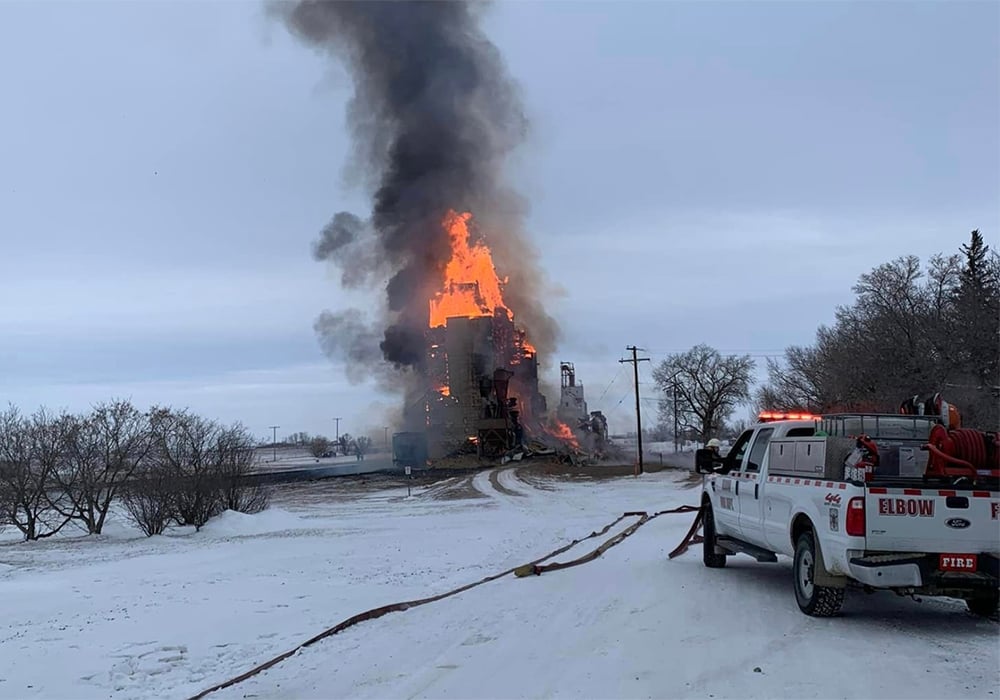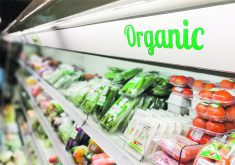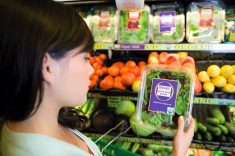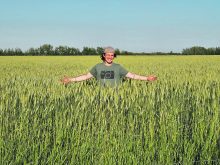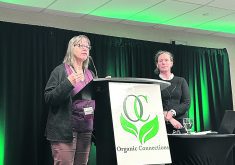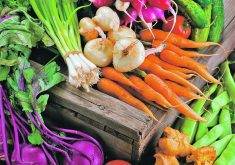MEDICINE HAT — When fire devastated the Loreburn, Sask., elevator owned by F.W. Cobs, the Vermont-based president of the company, Shaun Brooks, visited the site to talk with community officials and survey the damage.
“The community means a lot him. He’s spent a lot of time up there the 15 years we’ve been there so it’s certainly a special place to him, and the community has always been great to us,” said Pete Manahan, F.W. Cobs purchasing agent.
“He’s happy to go up and spend time with the guys who have given to us and put his time in with them. That speaks volumes for the leadership here and the company we are.”
Read Also

Russian wheat exports start to pick up the pace
Russia has had a slow start for its 2025-26 wheat export program, but the pace is starting to pick up and that is a bearish factor for prices.
The cause of the Jan. 18 fire is still unknown. It gutted the nearly 50-year-old structure and drew the assistance of volunteer firefighters from Elbow and Davidson to assist the local department in tackling the blaze.
The Loreburn elevator specialized in handling organic grains. Manahan said company officials are still deciding what to do next.
“It’s a devastating loss,” he said, adding the company was able to secure a third party to take deliveries of organic shipments.
“So, business will keep rolling, which is a good thing for everybody involved.”
Those deliveries are being received in Mossbank, Sask., 200 kilometres south of Loreburn.
A decision on whether the company will rebuild or purchase another elevator close by remains unclear, “but one thing for sure is we are not leaving Saskatchewan, so we’ll still have that market for producers in the western Prairies,” said Manahan.
The approximately 140,000-bushel elevator was opened in 1975 by United Grain Growers. F.W. Cobs bought it in 2008 shortly after the company was founded.
Garry Johnson, president of SaskOrganics, said the facility is a crucial cog in the sector, along with the Mossbank RW Organic facility, and he is encouraged by the company’s commitment to continue in the province.
Johnson said Shaun Brooks and his late father John have been a great family to work with.
“They treated us like extended family here and I think they were very appreciative of the support they were given by the organic community in Saskatchewan,” he said. “They’ve widely supported us as an organization at SaskOrganics.”
While the organics sector has ebbs and flows, Johnson said it is fundamentally strong.
“Things like this is a major kink in the armour but the organic community is just that, an organic community like a family.”
Dwayne Woolhouse has been operating Crestview Organic Farms in Assiniboia, Sask., as a certified operation since 1992. He said the specialized infrastructure required for organics means that when the sector loses an elevator like Loreburn, “it hurts.”
“There is always a need for more grain cleaning plants and more handling facilities. That’s kind of a holdback. We set up our own cleaning plant because it was so hard to get into (commercial) plants.”
The future of organics in Canada depends on retaining elevator capacity and expansion of infrastructure, he added.
Elevators that handle organics are mostly those no longer deemed viable as traditional grain handling operations. That was the case with Loreburn.
But Woolhouse said those facilities are harder to come by now.
The nature of the organic sector is changing as well. Woolhouse said most organic grain is now marketed in North America rather than Europe.
Demand for higher volumes has also changed.
“One time, we were sending lentils out and we would have to have three different kinds of lentils put on one truck to make a sale. Now we get customers — we had one the other day — who want a carload of spelt. It’s just grown in size.”
Manahan said F.W. Cobs is committed to supporting growth in the sector.
“For all the producers that we have dealt with over the years, we are still going to be there for you, we’re still going to have your markets for you,” he said.


